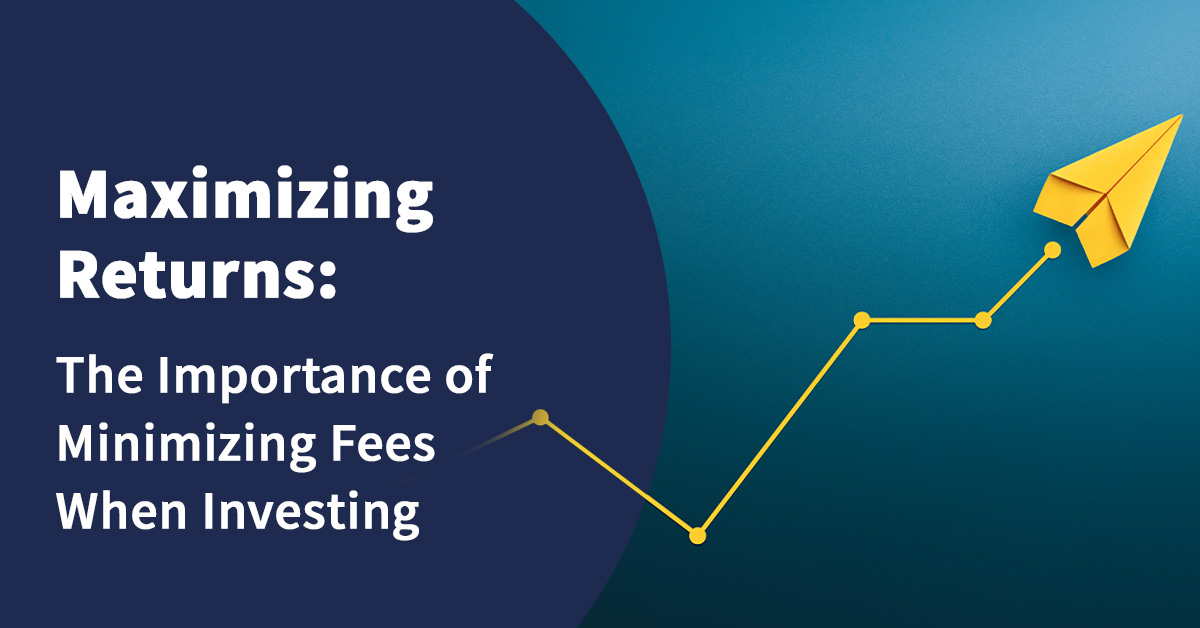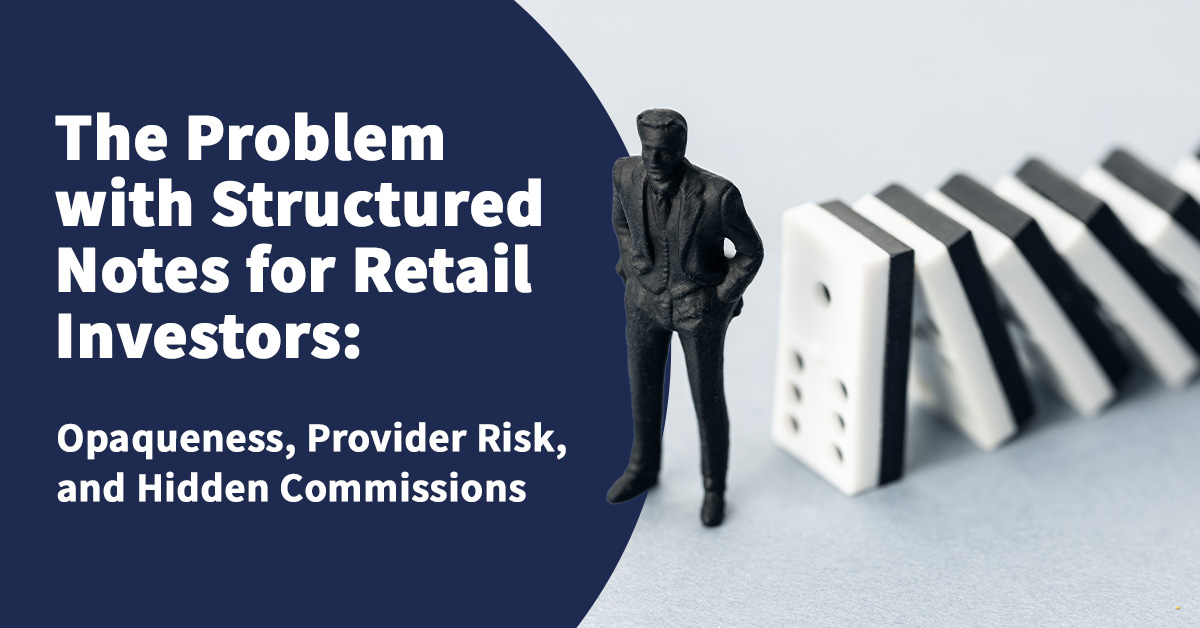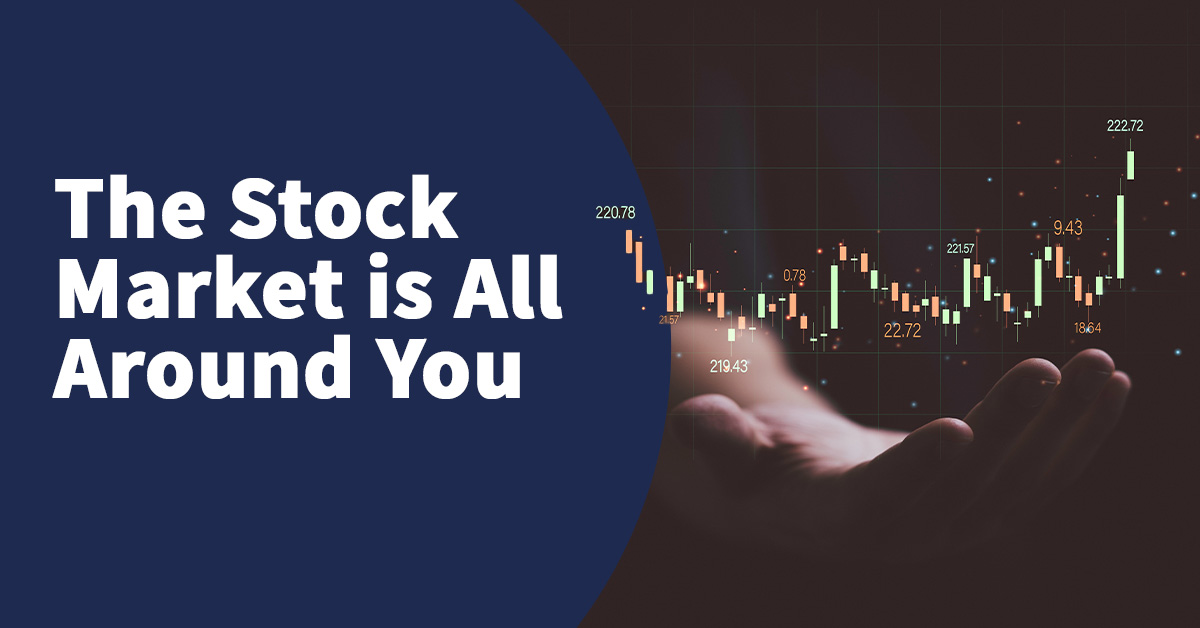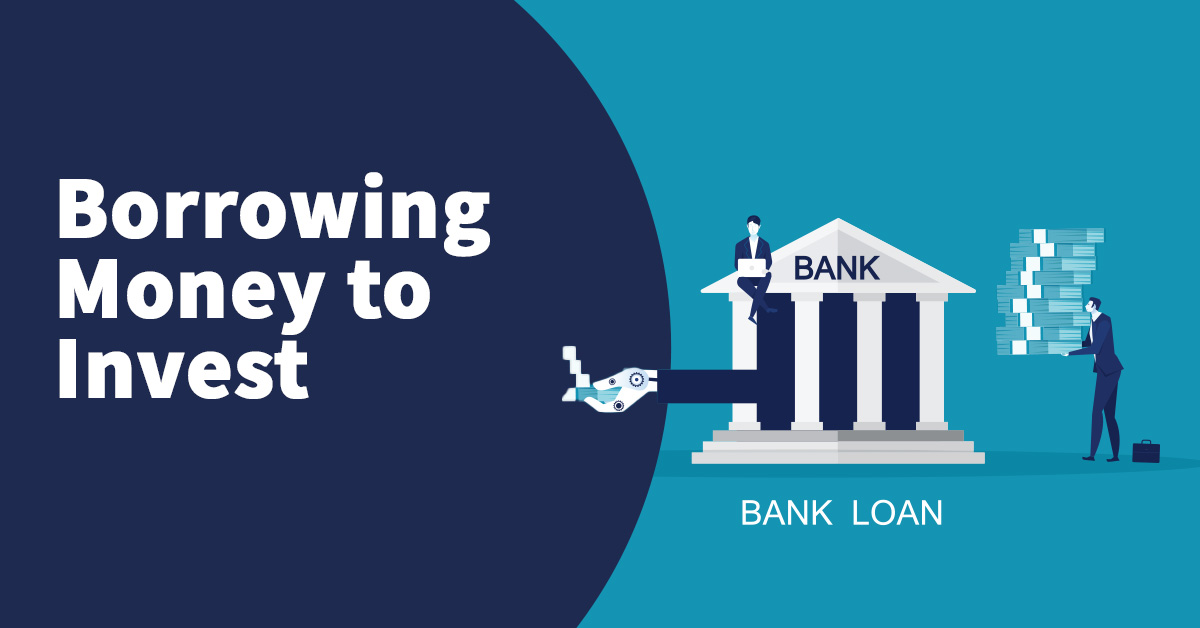When it comes to investing, many individuals focus on choosing the right stocks or timing the market. However, one aspect that is often overlooked but can have a significant impact on your investment returns is minimizing fees.
In this blog, we’ll explore the importance of minimizing fees when investing and how it can enhance your long-term financial success.
- Enhancing Returns:
Fees associated with investing, such as management fees, expense ratios, and transaction costs, can eat into your investment returns over time. Even seemingly small fees can compound and significantly impact your portfolio’s performance. By minimizing fees, you retain a larger portion of your earnings, allowing your investments to grow more efficiently and maximizing your overall returns.
- Cost-Efficient Indexing:
Index funds and exchange-traded funds (ETFs) have gained popularity due to their low fees and ability to closely track market performance. These passively managed funds aim to replicate the performance of a specific market index, such as the S&P 500. Compared to actively managed funds, which often have higher expense ratios and fees, index funds offer a cost-efficient way to diversify your investments and capture broad market returns.
- Long-Term Impact of Compounding:
The power of compounding is a fundamental principle in investing. By minimizing fees, you allow more of your investment gains to compound over time. Even a seemingly small difference in fees can have a significant impact on your wealth accumulation over the long term. By paying attention to fees and choosing investments with lower expense ratios, you give compounding the opportunity to work in your favor, potentially leading to substantial wealth growth.
- Aligning Interests with Passive Investing:
Active fund managers aim to outperform the market, but their fees can erode a significant portion of your returns. On the other hand, passive investing, as mentioned earlier, involves investing in index funds that track market performance. These funds typically have lower fees because they require less active management. By aligning your interests with passive investing and minimizing fees, you eliminate the drag of high costs and increase the likelihood of achieving market returns.
- Consideration for Tax Efficiency:
In addition to management fees and expense ratios, taxes can also impact your investment returns. Minimizing fees can help optimize your tax efficiency. For example, by investing in low-cost index funds, you may experience fewer taxable events, such as capital gains distributions, compared to actively managed funds that frequently buy and sell securities. This can help reduce the tax burden on your investment returns, allowing you to keep more of your hard-earned money.
- Diversification and Fee Optimization:
Diversification is a key risk management strategy in investing, but it’s essential to consider fees within a diversified portfolio. Different investments may have varying fee structures, and it’s crucial to evaluate the overall impact of fees on your portfolio’s performance. By diversifying across asset classes and selecting investments with low fees, you can strike a balance between risk management and cost optimization.
Minimizing fees is a critical component of successful investing. By being mindful of management fees, expense ratios, and transaction costs, you can maximize your investment returns, harness the power of compounding, and align your interests with passive investing. Remember, even seemingly small differences in fees can have a substantial impact on your long-term wealth accumulation. So, take the time to research, compare fees, and use investments that offer a cost-efficient way to grow your wealth. By doing so, you’ll be on the path to achieving your financial goals more efficiently and effectively.
If you would like a second opinion on the makeup of your investment portfolio and the costs and charges being levied – Get in touch.
Find out how we can help you
If you would like to understand more about this topic get in touch
Related posts
- Published On: July 8, 2024|3.2 min read|
The Problem with Structured Notes for Retail Investors: Opaqueness, Provider Risk, and Hidden Commissions
Structured notes are financial instruments that can seem attractive due to their potential for high returns and tailored investment strategies. However, they come with significant risks and drawbacks, especially for retail investors.
Read more












